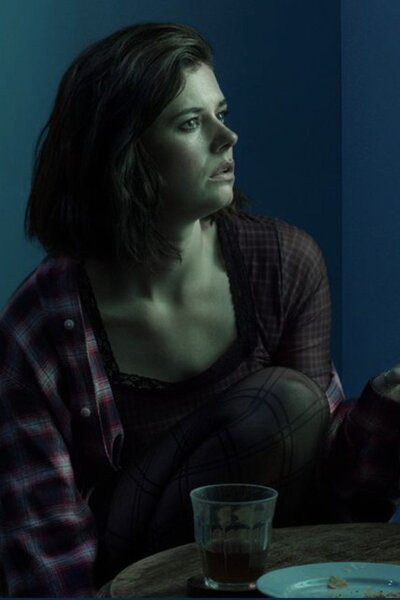
Critic Reviews (10)
“Marina Carr’s 1996 play ‘Portia Coughlan’ has over time acquired the status of a modern Irish masterpiece, and one can see why. In its taboo-busting, take-no-prisoners way, Carr’s portrait of inconsolable grief goes to dark reaches of the psyche one doesn’t often encounter.”
Read more
"This play is a glistening example of family drama and contemporary tragedy restating its relevance to our world. Its exploration of siblinghood, class, and sexuality is layered and embedded in a real world that speaks from an authentically female point of view. If certain aspects of the production fail to align with the script, headily strong performances and a clear, visionary direction ensure that it is still an intriguing staging of a rich and important play."
Read more
" Carrie Cracknell’s revival is pitch perfect, accents and all, and Oliver is supported by a sterling cast. But the play now feels like a relentless riff on James Joyce’s characterisation of Ireland as a sow that eats its young."
Read more
“Carr’s play does offer many gentler satisfactions. It portrays a way of life that’s worlds away from the atomised existence so many Almeida theatregoers will be used to...It wraps you up in a rich, peaty blanket of aural and visual sumptuousness. And in the form of Portia, it puts a bent jigsaw piece at the centre of this picture, one that can’t and won’t be hammered back into her place.”
Read more
“Carr’s best-known work, ‘Portia Coughlan’ seems blown in from another plane. Set in the Irish Midlands and using the area’s dialect, it brings incest, domestic abuse, infidelity, sex work and motherhood under its wise eye and creates a world that is equal parts mystical, mythical and crushingly domestic.”
Read more
“For a play so saturated in misery, it has a striking delicacy. Carr’s resonant writing is in Irish Midlands dialect, a rich jumble of curses, poetic phrasings, pitch-black deadpan humour and heartfelt tenderness.”
Read more
“The play boxes itself in by revealing its hand early on. The revelations of the second half have a melodramatic bent that feels both gratuitous and faintly absurd...I’m not sure her production ultimately makes the case for the play’s revival. ”
Read more
“The play is intriguingly structured. Some will find it too oppressively bleak; there is very little in the way of hope or redemption, and Cracknell doesn’t attempt to gloss this over. But once it takes hold it becomes a compelling and irresistible portrayal of a woman in freefall, and the people helpless to catch her. Its status as a modern classic seems assured.”
Read more







